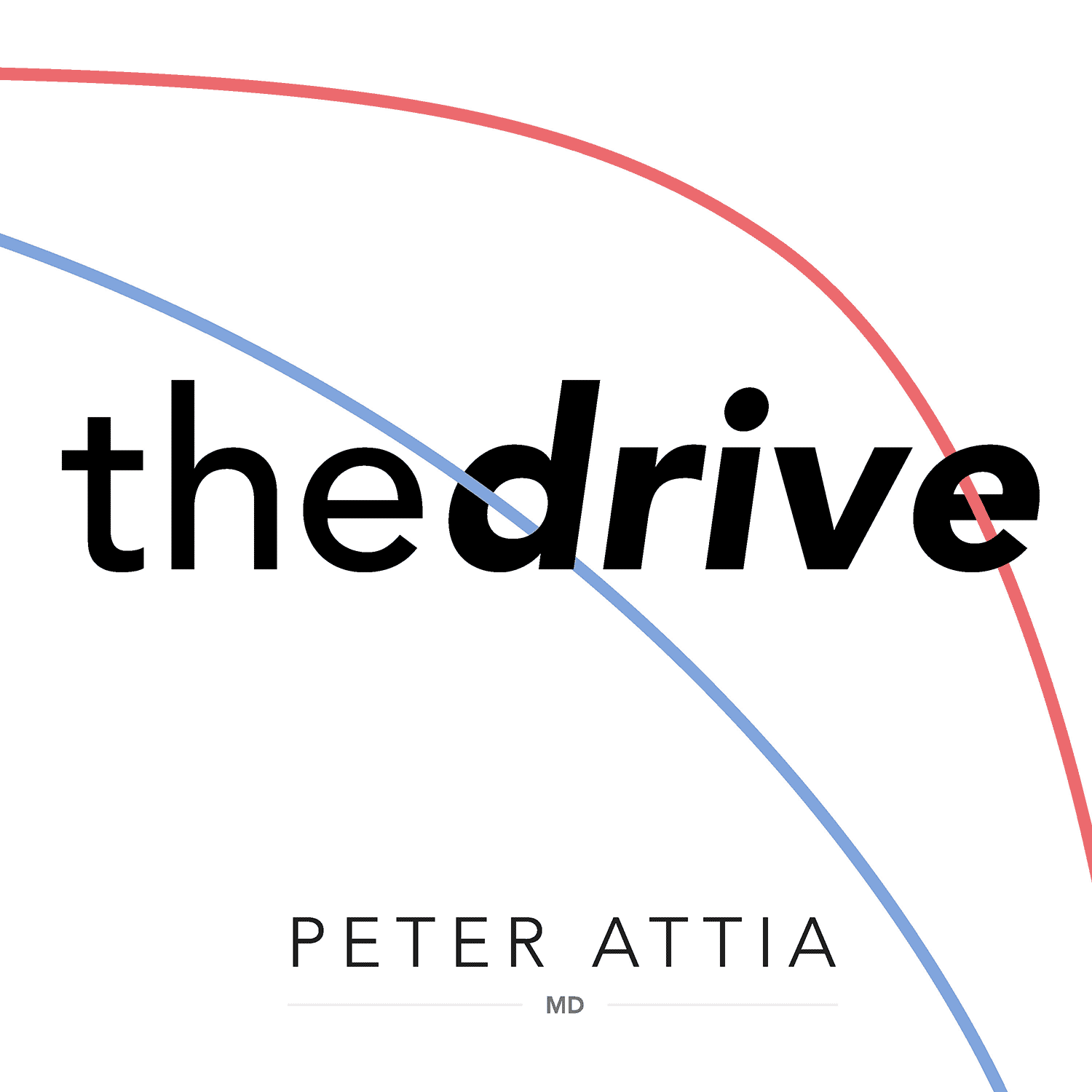
February 17, 2025 • 27min
#336 - AMA #68: Fasting, well-balanced diets, alcohol, exercise for busy people, wearables, emotional health, assessing cardiovascular health, and more
The Peter Attia Drive

Key Takeaways
- Cardiovascular Health Assessment requires multiple tools including family history, calcium scans, lipid profiles (especially ApoB and Lp(a)), and proper blood pressure monitoring
- Fasting & Time-Restricted Eating work primarily through caloric restriction - the timing window itself appears less important than total caloric reduction
- Alcohol Consumption shows no health benefits at any dose, with increasing risks at higher amounts, particularly for women
- Blood Pressure should ideally be below 120/80, with proper measurement technique being critical for accuracy
- Caloric Restriction can be achieved through three main approaches: direct counting, time-restricted feeding, or dietary restrictions
Introduction
This Ask Me Anything (AMA) episode features Dr. Peter Attia addressing common listener questions about cardiovascular health, fasting, alcohol consumption, and other health topics. The episode aims to provide evidence-based answers while acknowledging areas of uncertainty in the research.
Topics Discussed
Assessing Cardiovascular Health (03:52)
Dr. Attia outlines a comprehensive approach to evaluating cardiovascular disease risk:
- Family History
- Understanding how relatives lived and died
- Identifying patterns of early cardiovascular disease
- Looking for heritable conditions like Lp(a) and familial hypercholesterolemia
- Diagnostic Tests
- Calcium scan (CAC) to assess arterial damage
- CT angiogram for more detailed analysis
- Lipid profile focusing on ApoB and Lp(a)
- Blood Pressure Monitoring
- Target should be below 120/80
- Proper measurement technique is crucial
- Regular home monitoring recommended
Fasting and Time-Restricted Eating (09:55)
Dr. Attia distinguishes between different types of fasting and their impacts:
- Terminology
- Time-restricted feeding/eating: Daily feeding windows (16/8, 18/6)
- Fasting: Prolonged periods (2+ days) without calories
- Three Approaches to Caloric Restriction
- Direct counting of calories
- Time-restricted feeding
- Dietary restrictions
- "The data here suggests that this type of feeding pattern is no better than straight caloric restriction"
Alcohol's Impact on Health (14:27)
A detailed examination of alcohol's health effects:
- Caloric Impact
- 7 kilocalories per gram
- Can comprise 25% of total calories for moderate/heavy drinkers
- Research Challenges
- Heavy reliance on epidemiology
- Small hazard ratios compared to other toxins
- Limited randomized controlled trials
- Key Findings
- Former drinkers show 26% increase in all-cause mortality
- Women show greater negative effects than men
- Associated with increased risk of cardiovascular disease, dementia, and cancer
Social Aspects of Alcohol (23:03)
Discussion of balancing social benefits with health risks:
- Considerations
- Social interaction benefits
- Moderation importance
- Individual risk assessment
- "If that person says to me, look, twice a month I like to meet my buddies...at the surface there doesn't seem anything wrong with that."
Conclusion
The episode provides practical frameworks for understanding and implementing health interventions across multiple domains. Key themes include:
- The importance of comprehensive health assessment using multiple tools and markers
- Understanding that caloric restriction can be achieved through various methods
- Recognition that alcohol provides no health benefits but may have social value when consumed very moderately
- The value of regular monitoring and assessment of cardiovascular health markers
Dr. Attia emphasizes evidence-based approaches while acknowledging areas where research is still evolving. The discussion provides actionable insights for listeners looking to optimize their health while maintaining quality of life.